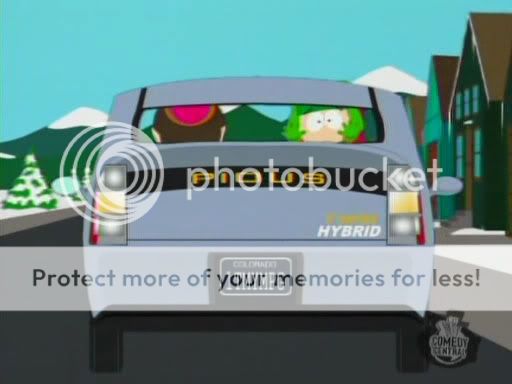I've never been around electric cars.. Even though I'm rather fond of pre-emission semi tractors that belch clouds of black smoke, and the high efficiency of '60's to early '80's carbureted cars, I'm a little curious about electric.I drove a Tesla to visit family on a four hour drive away. About two hours in to the trip, I stopped to charge the battery at a super charger while we ate, despite still having about 60% left in the "tank." The next day I returned to the same super charger site on my way home to recharge the battery, again, while I ate. It was beautiful.
It sounds like 4 hours is about max range for current electric cars? If you run it for 4 hours, how long does it take to charge it? How common are the super charger sites? I've never seen one, but I haven't been looking for them either... What is the cost of the charge for 40% charge? What is the cost for 100% charge... or 4 hours of drive time? (at one of the sites, not at home...)
I used to have propane and diesel forklifts, that I have replaced with electric... I wish I had done it much sooner, but that's only from a emissions/maintenance standpoint... certainly not for a run time, or charge time. My forklifts require almost 6 hours on the charger, for quite frankly, not much run time. I don't have any meters on them for timing run-time... I'm aware of the fact that we are talking much different battery tech from my forklifts to cars... or airplanes... ;-)


